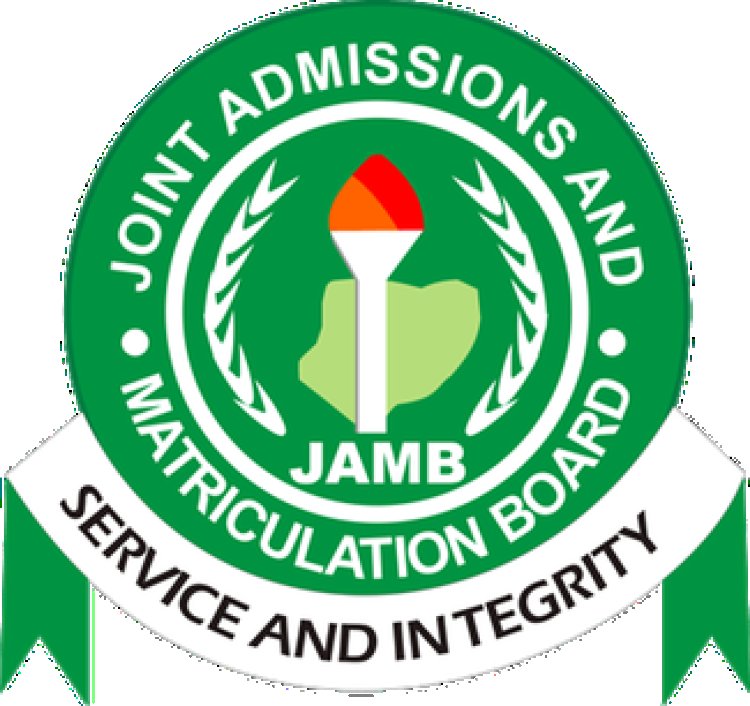UTME Mass Failure: Netizens Blame Social Media Influence
The JAMB Registrar, Prof. Ishaq Oloyede, made headlines with the announcement of the UTME results at a press conference in Abuja. The figures were alarming: out of over 1.8 million candidates, a whopping 77% failed to cross the 200-point threshold.

In the wake of the JAMB UTME results, a wave of concern has swept across social media platforms. The collective voice of the netizens is clear: the pervasive influence of smartphones and social media could be a significant factor behind the mass failure of students.
The JAMB Registrar, Prof. Ishaq Oloyede, made headlines with the announcement of the UTME results at a press conference in Abuja. The figures were alarming: out of over 1.8 million candidates, a whopping 77% failed to cross the 200-point threshold.
SUGGESTED;JAMB Uncovers 1,665 Fake A-Level Results During DE Registration
The digital streets are buzzing with disappointment and frustration. The consensus among netizens points to the digital age’s distractions as a culprit. The irony is palpable: the very tools designed to connect and inform are being blamed for academic shortcomings.
A Twitter user, known as Foundational Nupe Lawyer1, brought a personal perspective to the debate. His tweet, a direct attribution of the mass failure to social media’s lure, resonated with many. He shared a decisive family intervention where he prohibited his 17-year-old sister from using TikTok and other internet distractions during her WAEC and JAMB exam preparations. The result? A focused study regimen without the constant pings of social notifications.
SEE ALSO: BREAKING: JAMB Releases 2024 UTME Results, 8,401 Score 300 And Above
The conversation didn’t stop there. Many chimed in, quoting and responding, pointing out the double-edged sword of internet and smartphone penetration. Despite the vast resources available online, the younger generation’s performance has been lackluster. The discourse expanded to include other systemic issues: inadequate computer literacy and a faltering educational infrastructure were also indicted in this academic crisis.
As the dust settles on this year’s JAMB UTME, the dialogue continues. The question remains: How can we harness the power of technology to enhance, not hinder, academic achievement? This feature aims to shed light on the complexities of education in the digital era and the need for a balanced approach to technology’s role in learning.

 c.Blessing
c.Blessing 



